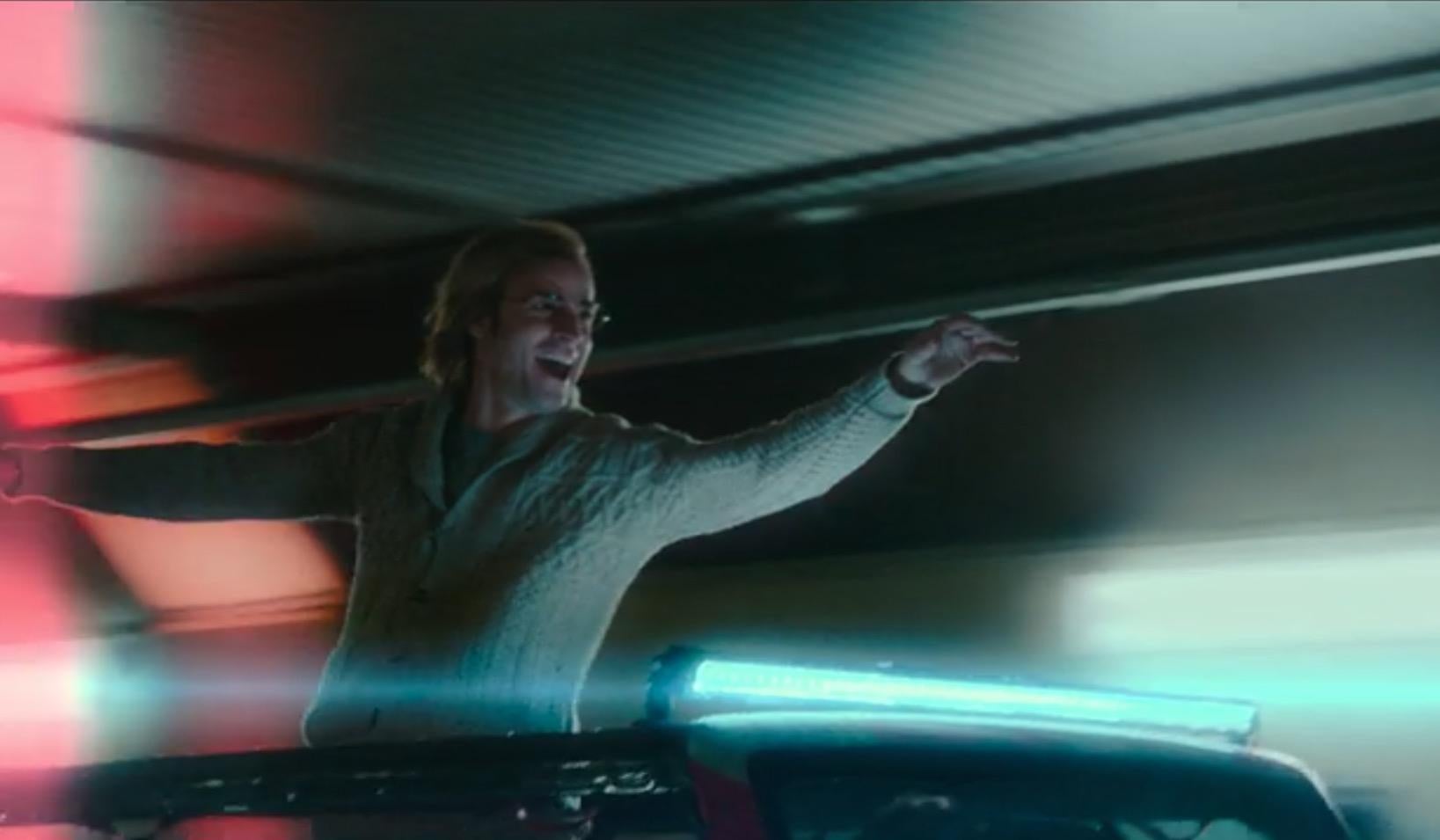Duncan Jones' 'Mute', Netflix, review: What did I just watch?
Your support helps us to tell the story
From reproductive rights to climate change to Big Tech, The Independent is on the ground when the story is developing. Whether it's investigating the financials of Elon Musk's pro-Trump PAC or producing our latest documentary, 'The A Word', which shines a light on the American women fighting for reproductive rights, we know how important it is to parse out the facts from the messaging.
At such a critical moment in US history, we need reporters on the ground. Your donation allows us to keep sending journalists to speak to both sides of the story.
The Independent is trusted by Americans across the entire political spectrum. And unlike many other quality news outlets, we choose not to lock Americans out of our reporting and analysis with paywalls. We believe quality journalism should be available to everyone, paid for by those who can afford it.
Your support makes all the difference.Netflix‘s confidence in filmmakers’ vision and willingness to take huge leaps just because an idea sounds cool and original is quite admirable and has led to the big-budget realisation of some great projects that might otherwise have never seen the light of day. Unfortunately, Mute represents the nadir of this paradigm-shifting strategy.
Duncan Jones’ impressive 2009 feature, Moon, feels more like a fluke with every subsequent entry into his filmography. Mute was supposed to be a return to idiosyncratic form for the director after the financially successful but critically-maligned franchise movie Warcraft, but you’ll spend the two-hours-and-six-minutes feeling embarrassed for him, and you will watch it, because it’s fascinating to try and work out why anyone felt there was a film to be made here, let alone on this scale.
Alexander Skarsgård plays Leo, a mute Amish bartender – mute, I assume, simply because Jones felt like writing a mute protagonist, the character’s inability to talk being quickly explained at the film’s opening with a flashback to an accident where Leo’s throat was sliced by a speedboat propeller (that classic Amish injury; whatever happened to a good old grain thresher?). He is madly in love with Naadirah (Seynab Saleh), a cocktail waitress at the bar he tends in dystopian Berlin, who goes missing under suspicious circumstances, leading Leo on a Taken-esque mission to track her down. But wait! There’s a second storyline, tonally (and initially narratively) oblique, that stars Paul Rudd and Justin Theroux as a pair of wise-cracking, for-hire surgeons. One of them is possibly a paedophile. Both are characters lifted directly, Jones has confirmed, from Robert Altman’s 1970 comedy M*A*S*H, the similarity going right down to Rudd’s handlebar moustache.

So that’s the lay of the land, and how wildly undulating it is, the action cutting between Skarsgård running around futuristic Berlin – which looks like if Warner Bros licensed a Blade Runner theme park – with a weaponised table leg he’s whittled, and Rudd and Theroux, whose character names are Cactus and Duck by the way, tenpin bowling and shooting the shit and perving on girls like they’re in deleted scenes from Dazed and Confused.
A good word to describe Mute might be berserk. In one scene, Duck is mortified to be outed by his good friend Cactus over workplace sexual misconduct involving children, but then Cactus gets a bit of good news and the pair immediately put things behind them and go out on the town for celebratory burgers, Duck flipping traffic off out the sunroof. This was intentionally absurd, I suppose, but jars with the supposedly serious and sombre central plot strand.
In The Shape of Water, Sally Hawkins gave an incredibly moving performance as a mute, conveying so much emotion without words, whereas Skarsgård is just frustratingly silent and dull, to the point where it feels less like he’s a mute and more like he’s just doing the whole hard-boiled, Liam Neeson, no-need-for-words-when-I-can-thump-henchmen-with-my-table-leg character thing we know from revenge thrillers.
The film somehow simultaneously looks like it cost $100 million and $100,000, which, in fairness, might just be down to how emphatically Blade Runner 2049‘s VFX team knocked it out of the ‘dystopian vista’ park recently, while the score, left to provide the emotion while the protagonist is silent, overdoes this and generally feels quite amateurish.
What good is there to speak of in Mute? The idea for an app that just orders takeaway to wherever your phone is, I guess, and Paul Rudd, who does the best possible job with some very clunky dialogue. His scenes with Theroux are so long though that you almost forget about the whole kidnap storyline running in tandem, killing its momentum, and when the two plot elements finally combine, it’s in a woefully confusing way that manages to be both boring and melodramatic, while giving paedophilia one of the most curious cinematic treatments on record.
Clearly expecting a mixed response to Mute ahead of its release on Netflix last night, Jones tweeted a picture of a jar of Marmite, which, with its love-it-or-hate-it analogy, if anything does a disservice to the spread.

Join our commenting forum
Join thought-provoking conversations, follow other Independent readers and see their replies
Comments